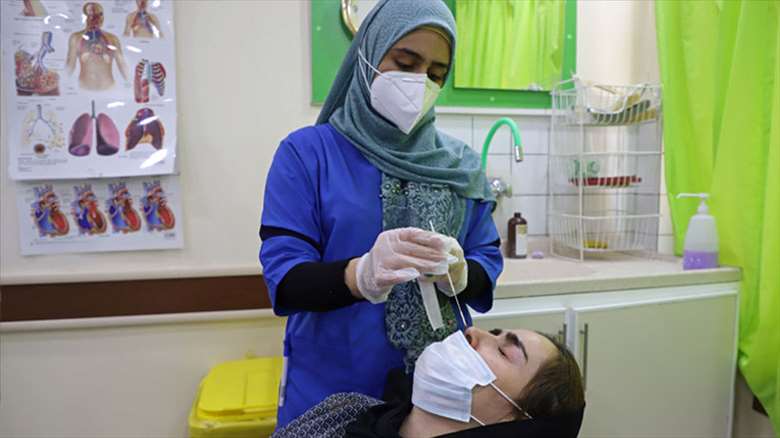COVID-19: Kurdistan Region records no new deaths for first time in nearly 9 months

ERBIL (Kurdistan 24) – The Kurdistan Region’s health ministry published its daily coronavirus update on Tuesday, which for the first time in almost nine months documented no deaths in the previous 24 hours.
In a statement releasing COVID-19 figures, the autonomous federal region of Iraq also said it had completed 2,676 tests across the autonomous region in the past day, 88 of which returned positive.
There have been over 104,600 confirmed infections in the Kurdistan Region to date, 3,426 of them fatal, according to ministry data.
Adding the 973 cases marked as recoveries by health officials, the Kurdistan Region has so far seen 81,923 in total.
It is important to note that a patient classified as a “recovery” means they are no longer actively treated by health professionals, not that they have fully recovered. Multiple COVID-19 symptoms often continue long after an individual’s formal recovery and others, including significant lung damage, could be permanent.
The Ministry of Health announced on Thursday that it had held its first meeting with Pfizer, one of the companies producing a vaccine for the highly-contagious disease, as part of efforts to deal with the pandemic.
Read More: COVID-19: KRG holds first meeting with Pfizer in effort to secure vaccine
The current low number of daily infections come as testing rates remain above 2,000 per day. As of Wednesday, two COVID-19 treatment centers have been shut down after all of their patients had been discharged.
In-person classes will remain halted until at least Saturday across academic institutions in the Kurdistan Region as a result of a new variant of the virus emerging last month.
Read More: In-person classes remain halted across Kurdistan Region as new COVID-19 variant looms: KRG
Editing by John J. Catherine